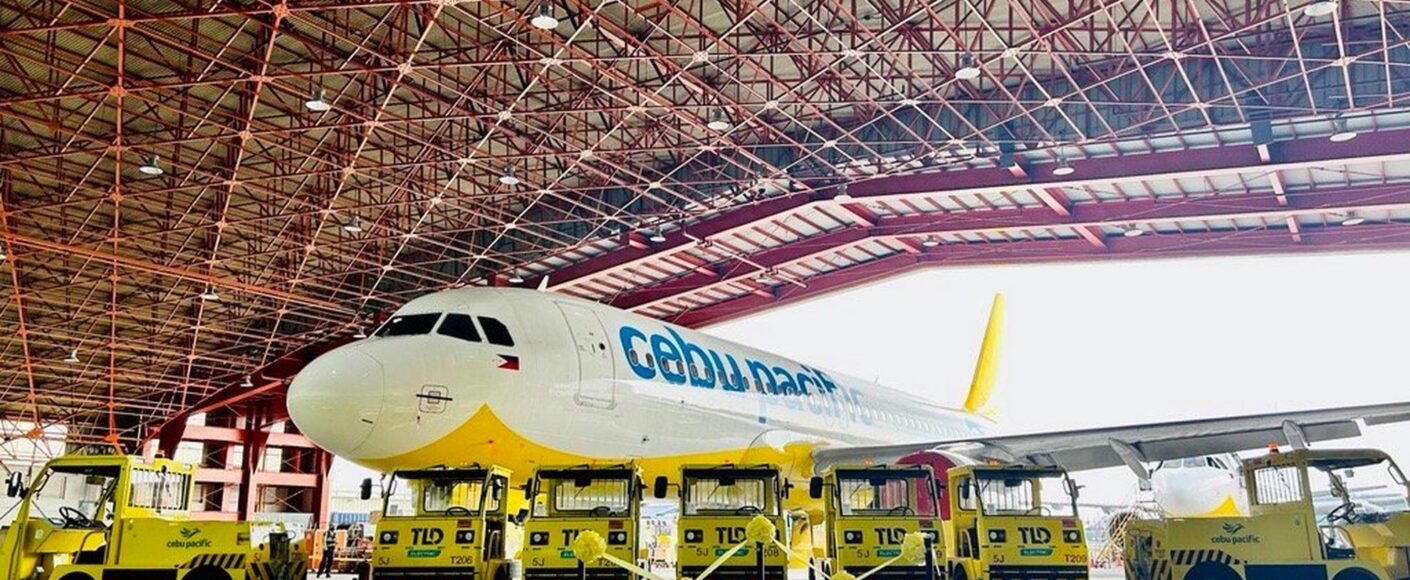Cebu Pacific deploys sustainable electric baggage tractors
[ad_1]

Filipino airline Cebu Pacific ramped up its commitment to sustainable aviation by deploying 13 electric baggage tractors for its ground operations at Terminals 2 and three of Manila’s Ninoy Aquino International Airport (NAIA).
This collaborative project with the New NAIA Infra Corporation (NNIC) is part of the airline’s ongoing efforts to reduce carbon emissions from use of fossil fuel and improve operational efficiency on the ramp.
This move has helped place NAIA among global airports driving towards sustainable operations
Airline president and chief commercial officer Xander Lao remarked: “The integration of electric baggage tractors in our airport operations at NAIA is a meaningful step forward in our thrust to reduce emissions generated from both on the ground and on air. We believe in leading by example, so we continue to invest in sustainable technologies that reduce our environmental impact and improve our operations. This is one of our many initiatives that reflect our vision for a more sustainable aviation industry in the Philippines.”
Going electric
Traditionally, ground operations, including the transport of baggage and cargo between aircraft and terminals, have relied on fuel-powered tractors, contributing to carbon emissions in airport operations. CEB’s adoption of zero-emission electric vehicles serves as a decisive step toward more sustainable ground practices.
The electric tractors, supplied by ground support equipment leader TLD, are equipped with high-capacity lithium batteries and fully electric drivetrains, which aim to enhance CEB’s operational efficiency while reducing emissions.
Cebu Pacific’s integration of electric ground support equipment in its operations complements its broader decarbonization strategy, which includes transitioning to an all-NEO aircraft, adopting fuel-efficient industry practices, and optimising flight routes.
Together, these initiatives underscore the airline’s commitment to environmental sustainability and support the aviation industry’s goal of net-zero emissions by 2050.
[ad_2]
Source link








